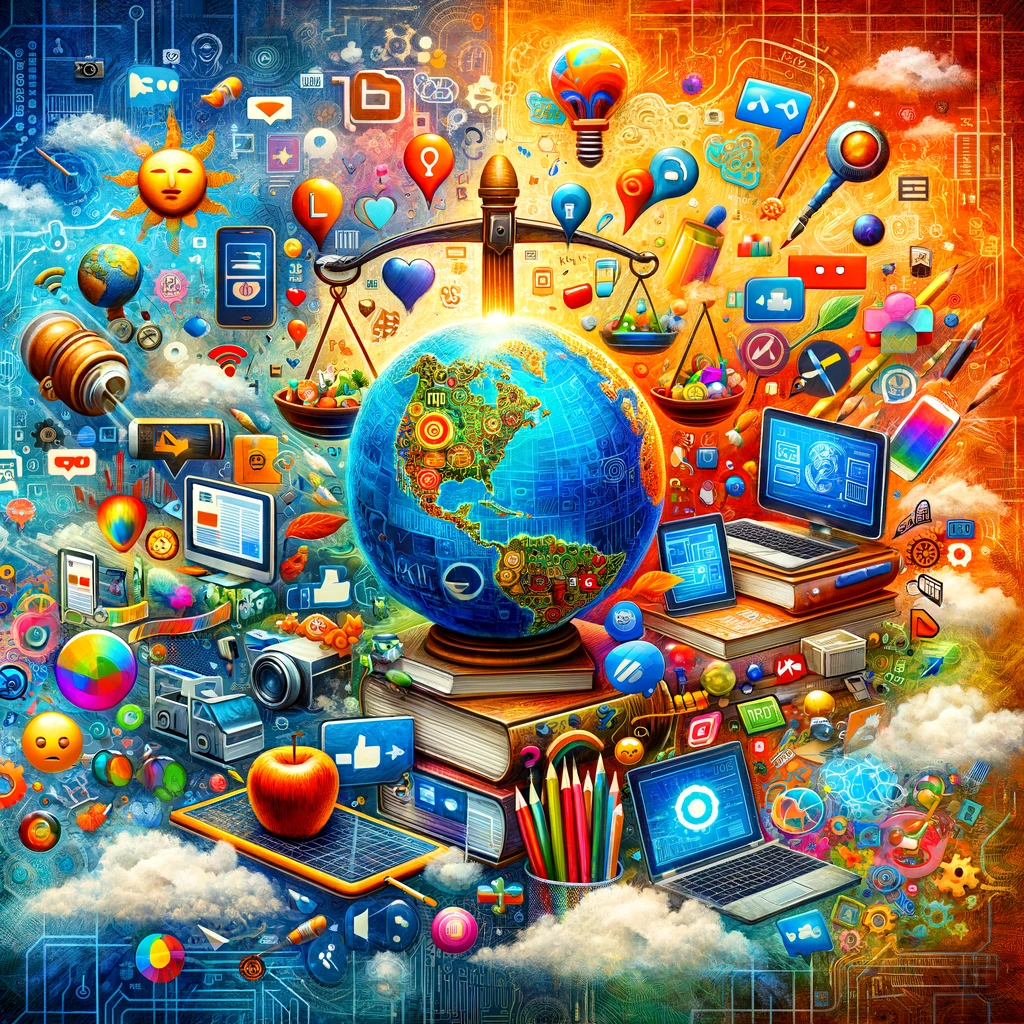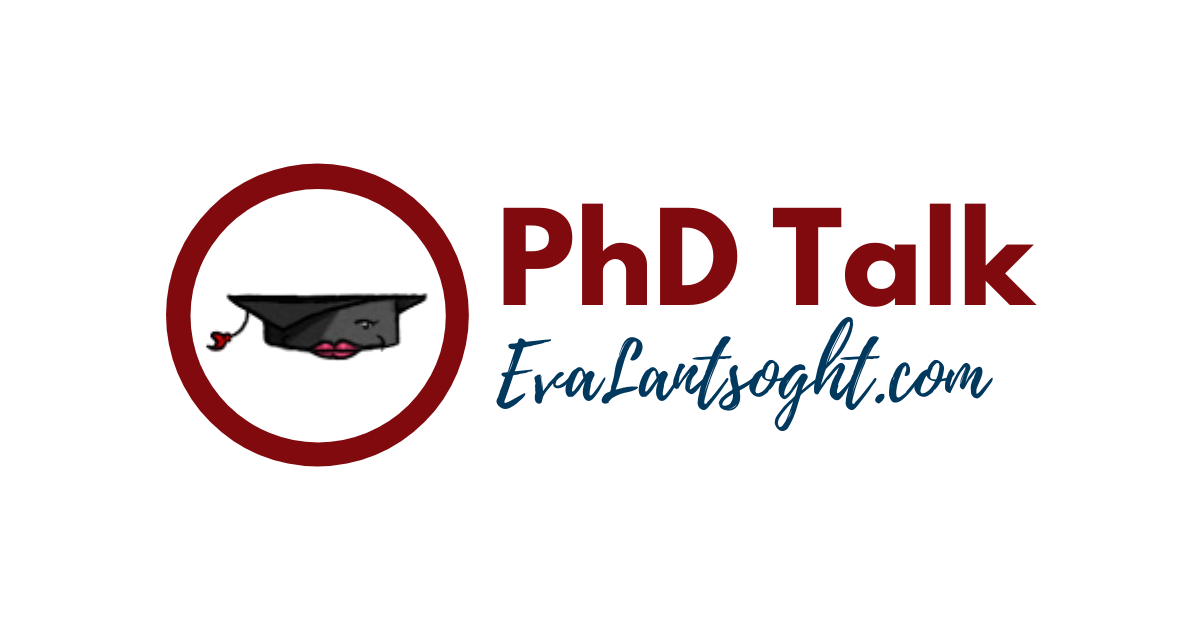
The flipside of technology in higher education
As I am chewing on some of my teaching methods, I am, as a blogger, chewing publicly. So, bear with me as I am writing a slew of posts related to teaching these days.
One of the things I go back and forth on, is how much technology I want to use in my class. Certainly, technology has made things easier. Technology is part of the modern workplace.
And yet – somehow I am considering going back to banning computers during the exams (and not only because my confidence gets broken when I hear the Whatsapp sound coming from a student’s laptop).
There are a number of reasons why I remain skeptical of going all in with technology:
- Information overload: I already mentioned this flipside when I reflected on how technology has made things better in higher education. I also feel that the more technology I use, the more content I am putting on my student. This can lead to overwhelm and difficulty in focusing on key concepts – and it is also more work for me.
- Distractions: Even if the Whatsapp pings on my students laptops in class are not a form of cheating, they are an unnecessary distraction. The internet is full of distractions (e.g. social media and soccer videos) that compete for students’ attention, making it harder to keep them engaged with the course material.
- Decreased personal interaction: I feel that using online learning platforms and email has created a barrier between faculty and students. When I was a student, especially in the earlier years, you would only email a professor for an appointment – it was considered rude to ask questions by email. So, we had more one-on-one interaction.
- Dependency on technology: When I was a student, one of my professors told me that if he would drop us in the middle of the rain forest, we would still need to be able to design and build a bridge. Pencil and paper is all we need. I feel that as we use fancier and fancier tools, we are losing the ability to address complex problems quickly and simply.
- Digital inequalities: If we learned one thing during the pandemic, it is that not all students have a good laptop and not all students have stable internet. The more online tools we use, the more we reinforce this division.
- Students not being able to take notes: Call me old-fashioned, but being able to take clear notes by hand during a meeting is still a necessary skill. With all the technological tools, recorded lectures and digital resources, I have noticed that my students are not able to take good notes anymore.
- Ethical Challenges: I hate “controlling” my students. But that Whatsapp ping during the exam bothered me (and still bothers me). I try to ask questions that are difficult to solve by ChatGPT (I check them beforehand) and that require personal reasoning, but the temptation is so strong apparetnly.
- Overwhelm of tools: While various online tools and quizzes can enrich the learning experience, their overuse can overwhelm students and dilute the focus from core learning objectives. Too much bells and whistles lead to a cacophony.
- Differences in digital literacy: Just as there are differences in access to tools, there are also differences in skills. The more technological tools we use, the more we assume certain knowledge. I recently learned that none of my final year civil engineering bachelor students knew how to kill background programs through task manager.
- Privacy concerns: More and more, we are placing a lot of data on the servers of for-profit, third-party companies that may use our data and teaching information as they see fit. Officially, they need to comply with rules, but there have been so many breaches of privacy and security in the tech sector (plus hacks and other problems) that it remains a major concern.
- Doubts regarding online contents: Students know that a lot of things on the internet are not true, but it is difficult to discern – and now even more difficult with the rise of predatory journals. So, when I let them search for a topic online, I have found that the outcome can be very variable. I am doubting between spending part of my class time on learning how to identify reliable resources (which is not a learning objective of mine), or just providing a selection of articles to my students.
What are some of the main drawbacks of the use of technology in education that you have noticed?


